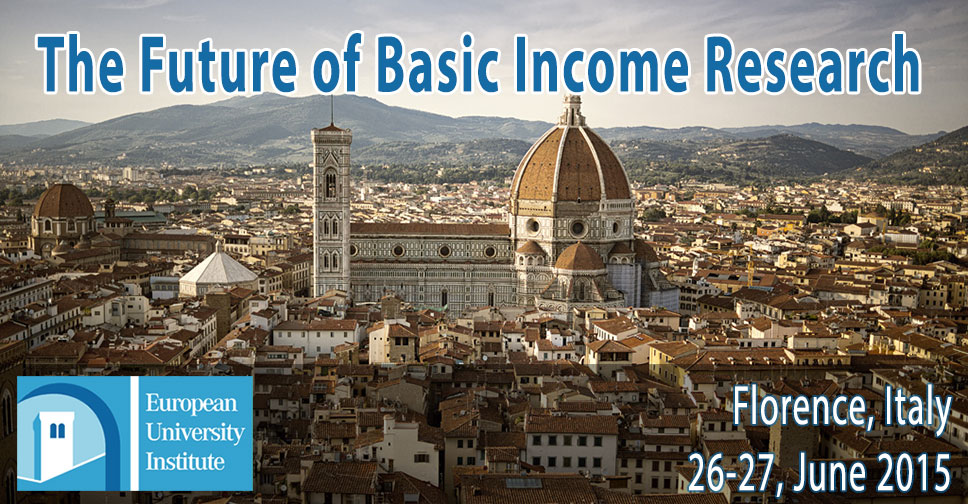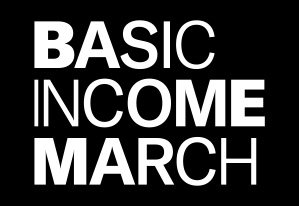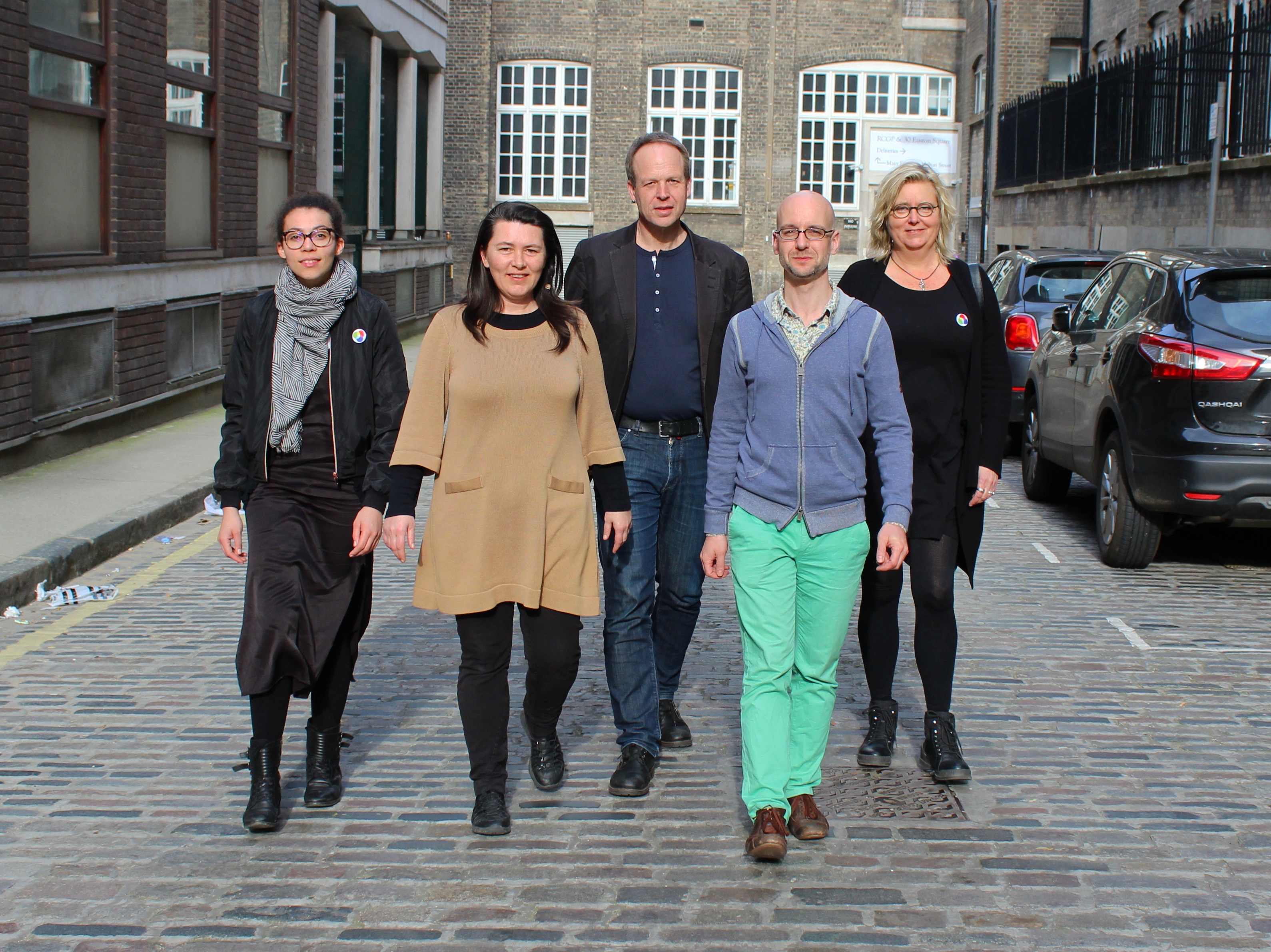Proposals of a Universal Basic Income (UBI) have proliferated enormously during the first decades of the 21st century, especially with the outbreak of the Covid-19 pandemic at the beginning of 2020.
One of the reasons is the balance of the various allocations and subsidies currently supported by governments to deal with poverty, including guaranteed income, minimum income allowance, the living wage, etc., i.e. conditional incomes with very limited results.
These conditional benefits, seen in different European countries and around the world, suffer from a long-acknowledged series of problems that are intrinsic to conditionality, however generous. However, these very mistakes are persistently repeated. The Spanish government’s Ingreso Mínimo Vital or Minimum Living Wage (MLW) implemented in the mid-2020s is an outstanding case in point.
At the beginning of 2023, many of those who said that the MLW was a qualitative breakthrough for the Welfare State and similar nonsense, now propose the reformation of this MLW. Reforming the reformed reformation would be a disaster. The Renda Garantida de Ciutadania or Citizen’s Guaranteed Income set in operation in Catalonia a few years earlier is another example. This is due to the intrinsic problems of the concept of conditional benefits, as mentioned repeatedly in academic publications.
The fundamental part of this research means to answer the following question: can UBI be financed by the EU? And more specifically, to answer the key question of how it can be financed, through three taxes: income tax, wealth tax and carbon tax.
. . .
Publication can be ordered or download at the source: https://ideasforeurope.eu/activity/publication/a-european-universal-basic-income/
. . .
This publication is financially supported by the European Parliament. The European Parliament is not liable for the content of the publication or the opinions of the authors.
. . .
Photo by JBlake Wheeleron Unsplash.




